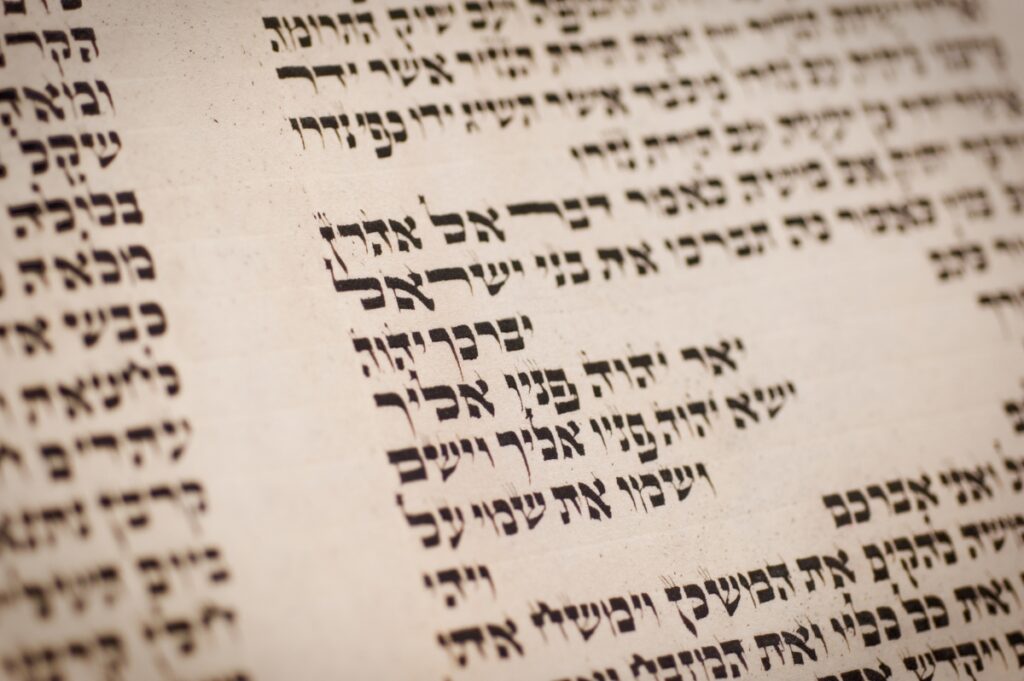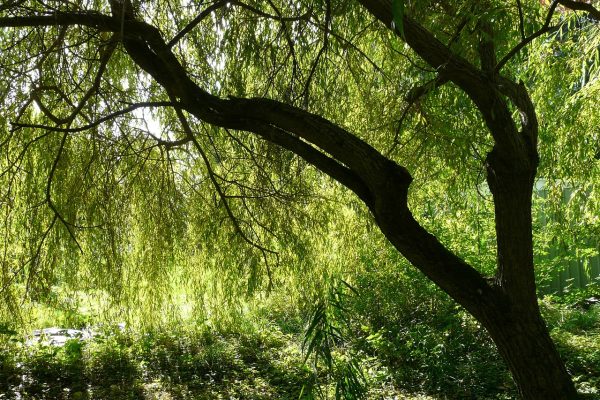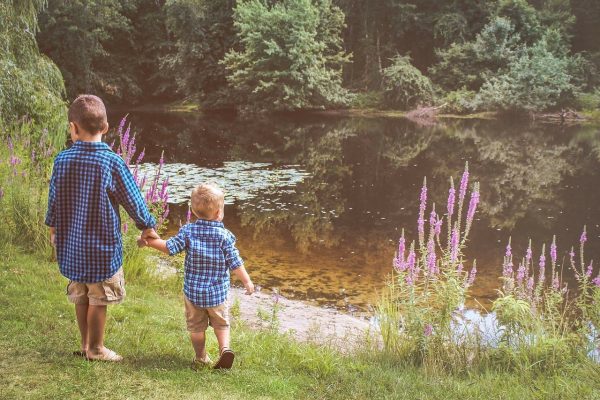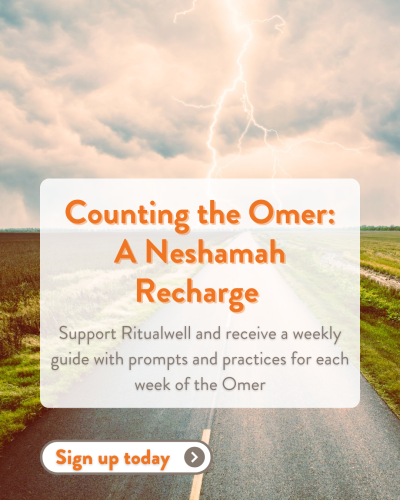Rabbi or other Reader:
We have changed these services, these siddurim and machzorim, with our minds, our hands and our hearts.
Reader:
We change tradition—even our own tradition—because we honor it.
Reader:
If we honor it, we make it an example of a good deed.
Reader:
What helps us make sense of the world and does not harm another, we may do.
Reader:
Honoring our tradition of change comes from we who have made the tradition and changed it.
Reader:
When a measure of learning is ended, a chapter, a division, we mark the ending.
Reader:
Ending yields space for beginning.
Reader:
When the leaf falls, the tree does not sigh.
Reader:
Several past services and other material are part of this recycling. The last words of the Rosh Hashanah service taken out of the loose-leaf binder and replaced with the spiral-bound binder are these:
May we live in peace.
And may our words and actions bring peace to all the world.
Amen.
Reader:
We are going to mark the transition from older to newer by reciting a chatzi kaddish, the short, or half-kaddish, prayer used when one section of a service has been completed but the entire prayer service has not been completed.
Reader:
We think Bnei Havurah will never complete our prayer service; we will be revisiting and revising—reconstructing—as long as we’re around. This chatzi kaddish in English is adapted from the Ed Towbin version:
All readers:
May the wellspring of life be blessed as life unfolds, forever
and ever.
May the source of life be blessed, and praised, and glorified, and
held in honor, viewed with awe, embellished, and
revered; peace is sanctified… it is blessed;
elevated higher than all the blessings, songs,
praises, and consolations that we utter in this
world.
And we say: Amen
Reader: [these are the first few lines of our current Rosh Hashanah service]
One thing have I asked of god, one goal do I pursue:
to dwell in the eternal’s house throughout my days,
to know the bliss of the sublime, to visit in god’s temple.
Awaken,
Here.
Awaken to light,
to breath,
to hope.
Enwrapped in the warmth of our community,
Embraced in the joy of our tradition.
Awaken to creation,
to beauty,
to awe,
to the blasts of the shofar proclaiming:
Remember.
Forgive.
Return.
Gail A benEzra, Ed Towbin
Reader:
Nu, may new leaves grow.













